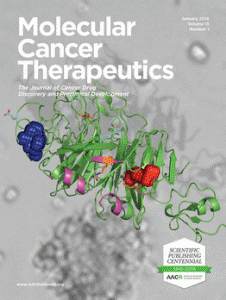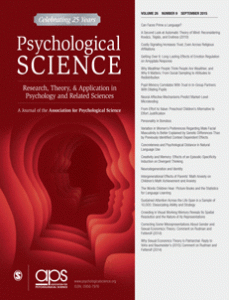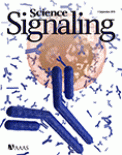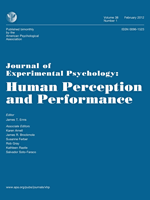 A paper flagged in an Office of Research Integrity notice more than one year ago has finally been retracted. According to the notice, the paper includes images manipulated by author H. Rosie Xing, a former University of Chicago cancer researcher.
A paper flagged in an Office of Research Integrity notice more than one year ago has finally been retracted. According to the notice, the paper includes images manipulated by author H. Rosie Xing, a former University of Chicago cancer researcher.
The main conclusions of the paper are affected by the ORI finding, according to the retraction note from Molecular Cancer Therapeutics. But otherwise, the note contains information that was available in the ORI finding, published in December 2014.
“Pharmacologic Inactivation of Kinase Suppressor of Ras1 Sensitizes Epidermal Growth Factor Receptor and Oncogenic Ras-Dependent Tumors to Ionizing Radiation Treatment” has been cited seven times, according to Thomson Scientific’s Web of Knowledge — twice since the ORI finding came out.
The retraction note explains which images were affected by the manipulation:
Continue reading 2014 ORI finding results in retraction of cancer paper with manipulated images





 A paper containing data fudged by former University of California San Francisco grad student Peter Littlefield has been corrected. We knew that this was coming — last month,
A paper containing data fudged by former University of California San Francisco grad student Peter Littlefield has been corrected. We knew that this was coming — last month, 
